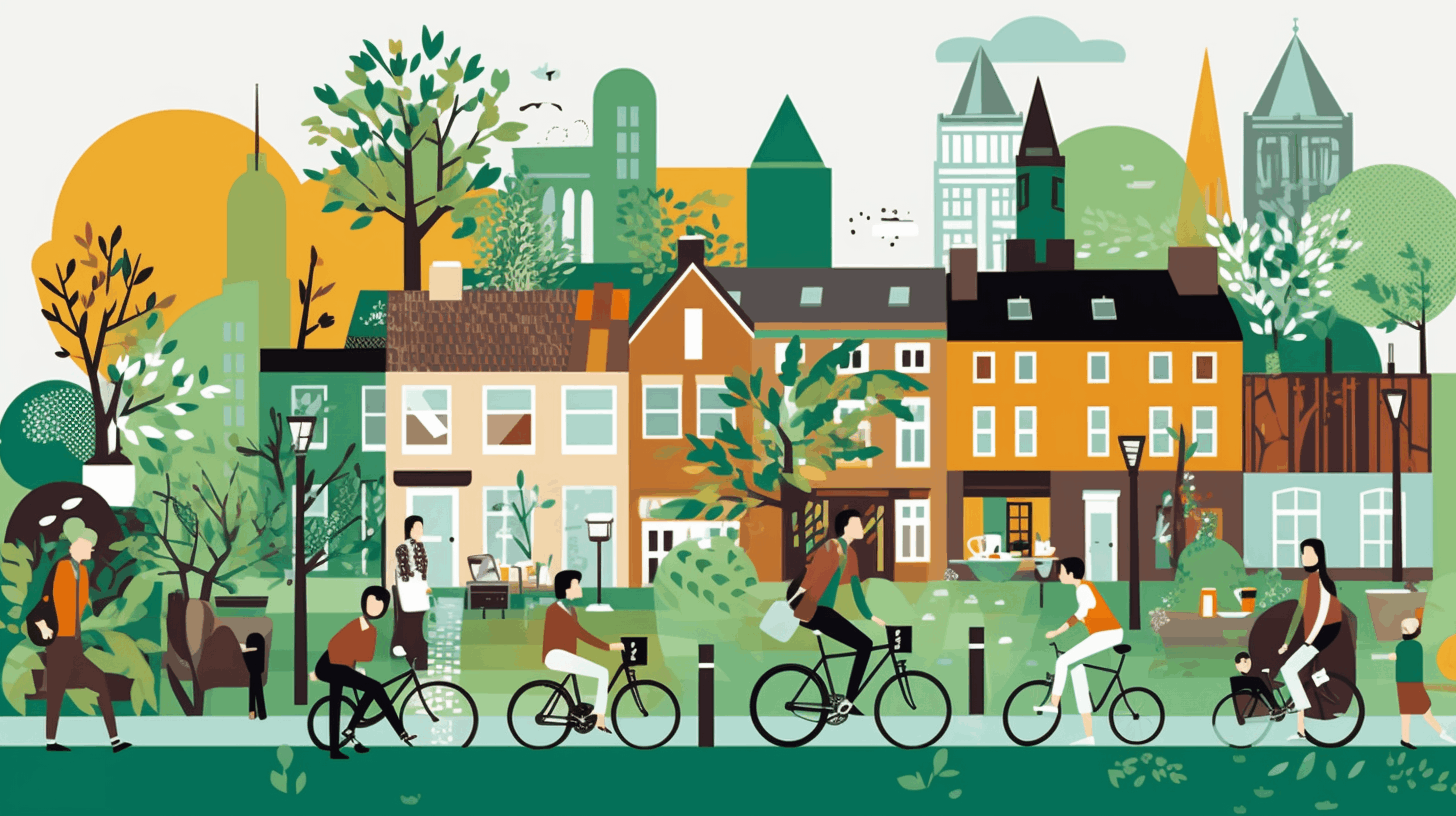A Sustainable Future for Coffee Grounds?

Did you know Glasgow is one of the UK's most coffee-crazy cities?
No?
Well it is, and research into the nation’s coffee-drinking habits has revealed that the average adult swigs 676 cups a year!
According to the National Records of Scotland, the estimated adult population of Glasgow in 2021 was 503,900 and there are typically 18 grams of ground coffee in a shot of espresso.
So..just for fun, let's say there are 500,000 adults in Glasgow who drink coffee and they have 600 hundred cups a year. That means that annually about 5,400,000,000 grams of used coffee ground are generated in Glasgow. Or to put it another way 14,750,000 grams daily.
That's 14,000 kilos - a day. That is about the weight of a fully-grown African elephant!
Each day! Wow! Who knew?
Well, apparently, the project Grounds for Recycling did. In case you haven't heard this was an innovative hospitality campaign that put used coffee grounds front and centre of sustainable change. Led by Glasgow Chamber of Commerce, and run in partnership with Glasgow Life and Zero Waste Scotland, the campaign aimed to bring attention to the local and global problem of food waste by presenting a circular economy solution to this specific coffee grounds waste stream.
Terrific eh!?
Absolutely, and very cunning to run it during the period when Glasgow was hosting the UCI World Cycling Championships, as much of the collecting and delivering of the waste was done by bike. The project ran from 25 July – 13 August 2023 and prompted a good deal of debate on the topic of circularity and food waste generally.
Much of the collected coffee grounds were turned into composting material and used in parks across the city.
According to the impact report assessing its work, “100% of businesses (participating) reported a desire to continue involvement in a similar sustainability campaign.”
A great initiative and another chapter in the work of the Glasgow Chamber of Commerce as it pushes ahead to develop a vision of Glasgow as a circular city.
But, and there has to be a but, that sentence extracted from the impact report highlights a wicked problem.
We all want to do more, but how do we make admirable projects like this financially sustainable? To use the parlance, how do we make the project “wash its own face?”
Many circular economy projects in the UK struggle to move beyond a public subsidy model. This was no different as the project, noble and worthy as it was, relied on a grant to make it work.
It is striking that one of the recommendations of the report for Grounds For Recycling is that it should “Acquire more funding”. That is in contrast to an approach to finding a financially viable model.
Of course, recycling projects face many obstacles to profitability, including fluctuating market prices, high collection and processing costs, inefficient sorting, limited demand, inadequate infrastructure, and public perception issues, to name just a few.
But there are examples where such projects do become sustainable. Often it is in the Global South where the primary motive to address these topics is one of necessity rather than choice.
We had the exceptional good fortune to speak with Jyoti Mhapshekar via video conference the other day and hear about her 3000 women waste pickers in Mumbai - the ‘recycling warriors’ of Mumbai and how she creates regenerative businesses.
Jyoti said she sees waste as both a challenge and an opportunity, and I wonder if some of that Global South perspective and insight could create a more sustained future for wicked problems like tons of coffee grounds and food waste in Glasgow.
How would Jyoti approach it?
Here is your opportunity to find out.
You can immerse yourself in that novel and different thinking emerging in the global south by following this project, or better still, join us in Mumbai in 2024, and you can ask Jyoti yourself how she would take on such a wicked problem and then bring that novel thinking back to take on your next wicked problem.